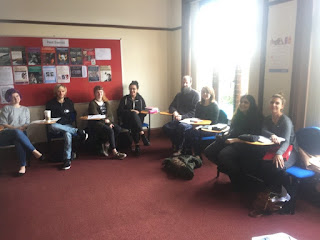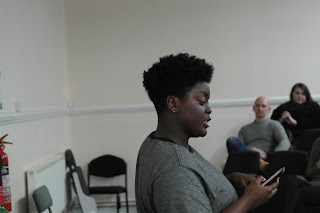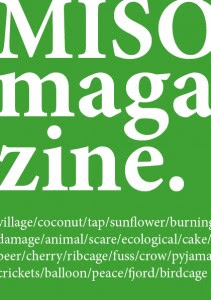With the sunlight streaming in through the windows, Pandora’s Box 2017, featuring some of
the best creative writing by students and staff, was launched in front of a
live audience. The evening was brilliantly organised by the three student
editors Cal Buckley, Jonathan Hay, and
Liz Milne.
This year, thanks to an award from the NSS (National Student Survey), we
were able to announce well-deserved prizes in the form of book tokens to
students from the Department of English.
The winners are as follows:
Pandora’s Box Poetry
Competition
First Prize: £150 to Courtney Thomas for ‘Little Tucker’
Second Prize: £100 to Sarah Kissack for ‘An Ode to Tinder’
Third Prize: £75 to Sheila Jones for ‘Ten Little Soldier Boys’
Pandora’s Box Flash
Fiction Competition
First Prize: £150 to Natalie Webster for ‘Old Dog, New Tricks’
Second Prize: £100 to Rebecca Metcalfe for ‘Manor Park’
Third Prize: £75 to Alex Robinson for ‘The Godfather’
Pandora’s Box authors
£10 prize
to all student authors included in Pandora’s
Box.
Many
congratulations from the Pandora’s Box
Editing Team!
Dr Ian Seed































